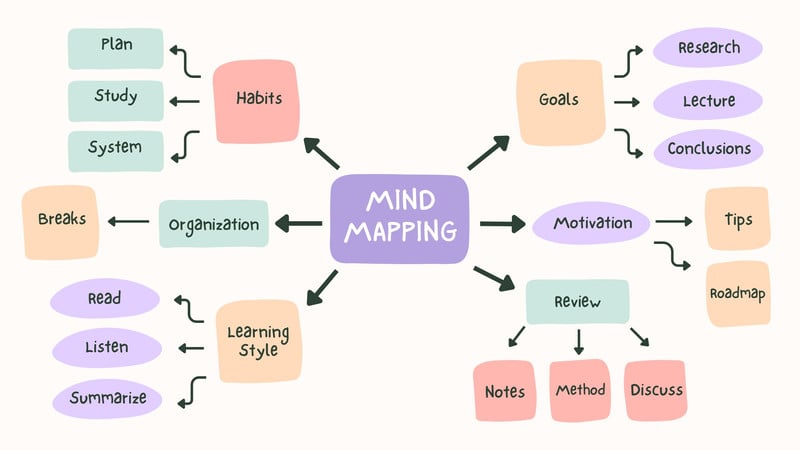SPACED REPETITION
Spaced Repetition
___________________________________________________________________________________
•Spaced Repetition is a learning technique where information is reviewed at increasing intervals over time to improve long-term retention and prevent forgetting.
The key idea behind spaced repetition is to revisit the material just before you’re likely to forget it, reinforcing it in your memory.
STEP 1:
You start by learning a new piece of information, vocabulary, facts, concepts or whatever you have to learn.
STEP 2:
You attempt to commit it to memory through active recall, testing yourself, writing it down, etc.
STEP 3:
After a short period, days or few hours, you review the material. This is when you assess whether you remember it or not. If you remember the information well, you move on to the next interval. If you forget some parts, you review again.
STEP 4:
The intervals between reviews gradually increase, based on how well you know the material. You might review the same information after 1 day, 3 days, a week, a month and so on.
STEP 5:
Spaced repetition adapts to how well you know each piece of information. If you struggle to recall a particular fact, the interval between reviews will be shorter, giving you more frequent reviews. If you remember the information easily, the interval between reviews will be longer.
STEP 6:
After each review session, you rate how well you recalled the information, and the software or method adjusts the interval for the next review. The system uses this feedback to optimize the timing of future reviews.
STEP 7:
The more times you review a piece of information, the more solidly it becomes embedded in your long-term memory. The intervals between reviews grow longer, but the material stays fresh in your mind.
MIND MAPS
•Mind maps are highly useful for organizing information, enhancing creativity, and improving memory retention. They visually break down complex concepts into manageable parts, helping with active learning, clarity, and focus.
By connecting ideas in a structured way, mind maps simplify information, boost recall, and aid in planning and problem-solving.
They are also effective tools for collaboration and efficient review. Overall, mind maps facilitate deeper understanding, making them a powerful tool for learning and organizing thoughts.
EXAMPLES:





Comentarios
Publicar un comentario